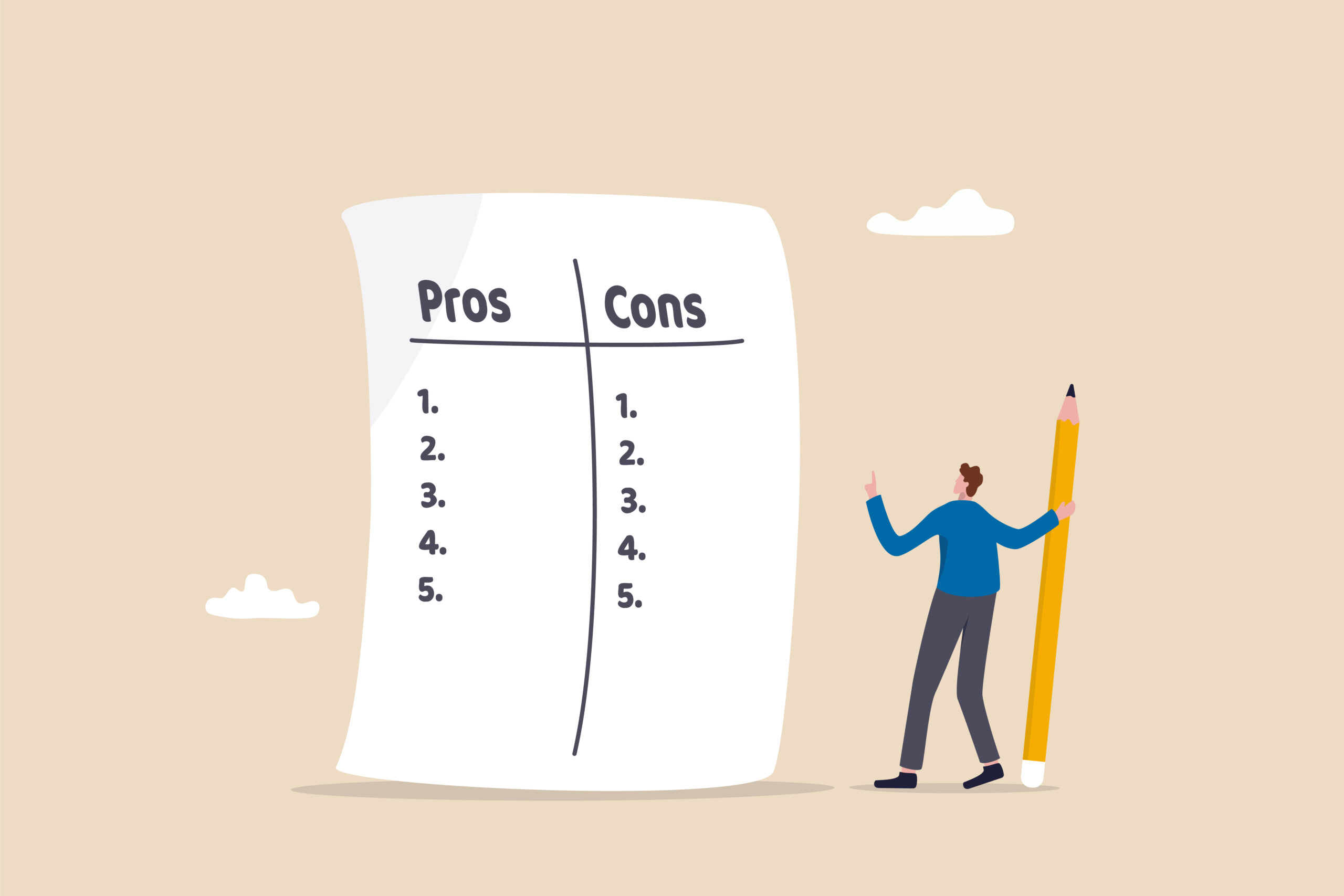Investing in Real Estate: Pros and Cons for Investors in India

Investing in real estate can be a lucrative way to diversify your portfolio and potentially earn high returns, but it is important to understand the risks and challenges involved. In this blog post, we will discuss the pros and cons of investing in real estate in India to help you decide whether it is a suitable investment option.
Pros of Investing in Real Estate in India
1. Potential for High Returns: Real estate can be a particularly attractive investment option in a rising market, as property values tend to increase over time. This is due to various factors, including inflation, population growth, and economic development. Additionally, real estate can generate income through rentals, providing a steady cash flow.
2. Leverage: Many investors use leverage, or borrowing, to purchase real estate, allowing them to acquire more property than they could otherwise afford with cash. Leverage can be a powerful tool for increasing returns, allowing investors to multiply their gains. However, it is important to be mindful of the risks associated with leverage, as it can also increase the potential for losses.
Cons of Investing in Real Estate in India
1. High Upfront Costs: One of the main drawbacks of investing in real estate is the high upfront costs. In addition to the property’s purchase price, investors may need to pay closing costs, taxes, and other fees. This can be a barrier for some investors, especially those just starting.
2. Illiquidity: Real estate is generally considered a relatively illiquid asset, meaning it can take longer to sell a property than more liquid assets like stocks or bonds. This can make it difficult to access your money if you need it in a pinch and make it harder to diversify your portfolio.
3. Market Fluctuations: Property values can fluctuate due to various factors, including economic conditions, supply and demand, and local market conditions. This means that investors may experience losses if the value of their property declines. Market fluctuations can also impact the property’s ability to sell, as buyers may be less willing to purchase in a declining market.
4. Time and Labor Required for Property Management: Investing in real estate can be time-consuming and labour-intensive. Investors may need to spend time and resources on property maintenance, repairs, and other tasks to keep the property in good condition and generate rental income. Additionally, investors may need to devote time and effort to finding tenants and managing the rental process.
In conclusion, investing in real estate in India can be a lucrative way to diversify your portfolio and potentially earn high returns. However, it is important to be aware of the risks and challenges associated with real estate investing, including the high upfront costs, illiquidity, the potential for market fluctuations, and the time and labour required for property management. Investors should carefully consider their financial goals and risk tolerance before deciding whether real estate is a suitable investment option.
